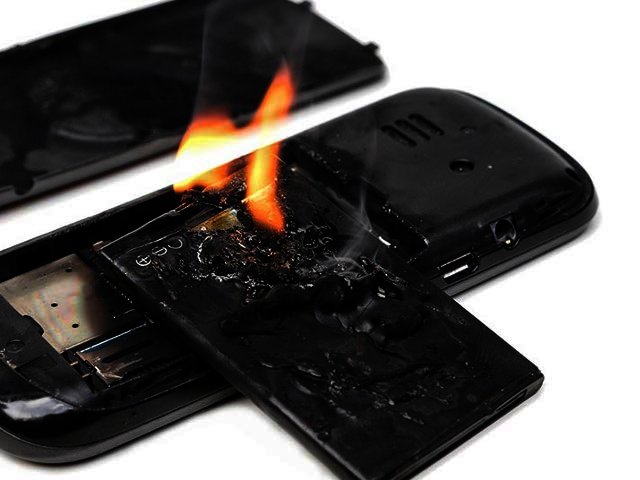The numbers of reported faulty consumer products, exploding appliances, toys, smartphones, and other digital devices are on the rise, as well as spontaneously combusting cars like the now notorious Ford Kuga, all have consumers diving for cover.
This is according to Kirstie Haslam, partner at DSC Attorneys, who says that every year, flawed products result in serious injuries and thousands of consumer product-related deaths worldwide.
In the United States, it appears that injuries from household goods are increasing with injuries reported to the Consumer Product Safety Commission (CPSC) jumping a staggering 141% in the first three months of 2017.
Stericycle ExpertSolutions recall index reveals products in the home pose disproportionate dangers. The index shows four household product categories accounted for more than 75% of recalled products – home furnishings/fixtures, housewares, toys, and child nursery equipment and supplies. Although there are no readily available statistics in South Africa relating to incidents of this nature, it has been Haslam’s experience that enquiries about potential cases have been increasing significantly.
She says that the Kuga combusting cars saga is particularly disturbing, given the number of incidents. Reshall Jimmy was killed when his Kuga caught fire in December 2015 and since then 64 other Kugas have caught fire in South Africa.
But when consumer product-related injuries occur, the question is – who is legally accountable?
What the law says
In South Africa, the Consumer Protection Act of 2008 is a powerful piece of legislation that Haslam says protects consumer rights. “According to the CPA, consumers have the right to claim damages for injuries caused by unsafe or defective products,” she explains.
“The Act clearly specifies that each link in the supply chain is legally responsible for ensuring products are safe for their intended use.”
And, she points out that manufacturers, importers, distributors and/or retailers can consequently be held liable for any harm caused if the product is: defective, flawed or hazardous; unsafe to distribute and/or; sold without adequate instructions or safety warnings.
Proving liability
Section 61 of the Act imposes strict liability for harm caused by unsafe, defective or hazardous goods.
In the event of a product liability claim, this means the consumer does not need to prove negligence by a particular party in the product's supply chain to establish liability.
She says that under South African law, manufacturers, retailers, distributors and suppliers can all be held liable for damages caused by defective or hazardous products.
How do you know who to sue?
It’s up to you to identify the people and companies you believe may be liable for damages, and name them in your claim as defendants.
“As a general rule, you want to include all parties involved in the manufacture and supply of the defective product, in what is known as joint and several liability,” she explains.
She uses the Samsung Note 7 as an example. “If you were injured by the exploding battery in the smartphone, you would bring your product liability claim against both Samsung, and the battery manufacturer.”
She says that pinpointing who you think is liable can be a complicated process, particularly if you are dealing with large corporate companies or foreign entities.
“The fault may lie with more obscure defendants, such as quality control technicians, third party contractors or outside consultants,” she adds.
Haslam says that it is wise to seek expert advice of a specialist personal injury attorney to help single out plausible parties for a claim.
Supporting documentation
When you launch a product liability claim, you are expected to file supporting documents and you will have to produce an invoice or sales slip to prove where you’d purchased the product. “You’ll also have to supply medical records and receipts relating to the treatment of your injuries. Lastly, proof of the product defect core to your claim, has to be submitted.”
Claimable damages
If you are harmed by a defective product, you may be entitled to claim damages in respect of:
current and future medical expenses
current and future loss of wages
pain and suffering
legal costs related to pursuing compensation for damages suffered.
For more information visit: www.dsclaw.co.za





